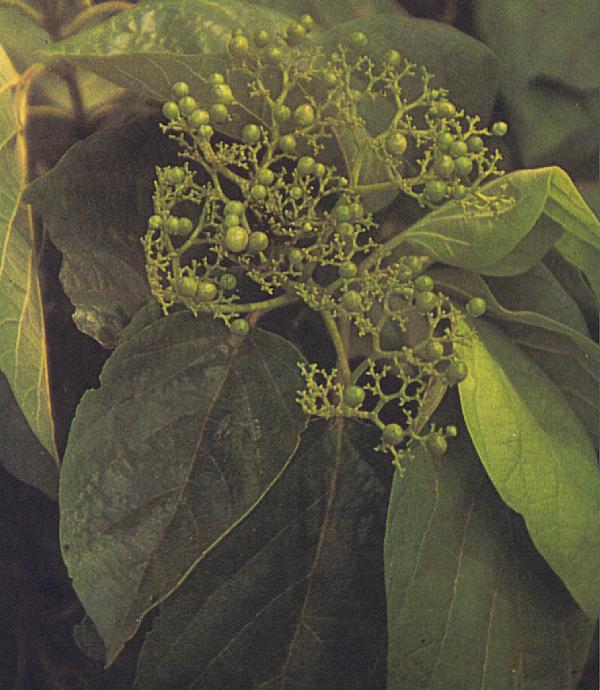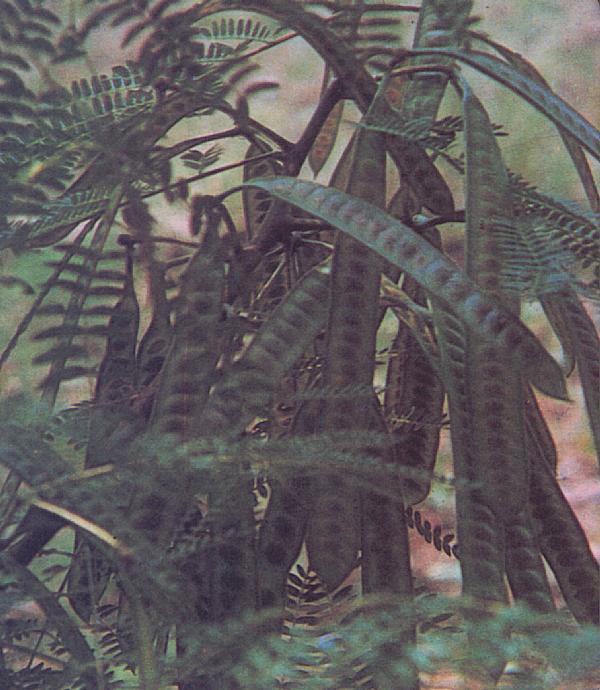 Ever
since medicinal plants
were used in community-base
health programs (1977), public school health programs (1979),and primary health
care programs (1980), identification of medicinal plants by "new" herb
practitioners has posed some considerable difficulty.
Ever
since medicinal plants
were used in community-base
health programs (1977), public school health programs (1979),and primary health
care programs (1980), identification of medicinal plants by "new" herb
practitioners has posed some considerable difficulty.
The utilization of
medicinal plants which was the realm  of herbolarios in distant localities
of the country in the past has in recent years generated keen interest and
increased popularity among the different of our society. Eventual
acceptance and utilization of plants which have been scientifically validated as
to efficacy and safety is seen to be beneficial for the country for a number of
reasons.
of herbolarios in distant localities
of the country in the past has in recent years generated keen interest and
increased popularity among the different of our society. Eventual
acceptance and utilization of plants which have been scientifically validated as
to efficacy and safety is seen to be beneficial for the country for a number of
reasons.
 Firstly, their use would
provide an alternative mode of therapy of common ailments which otherwise would
have to be treated with costly western medicines. Secondly, there will be
l
Firstly, their use would
provide an alternative mode of therapy of common ailments which otherwise would
have to be treated with costly western medicines. Secondly, there will be
l ess
dependence on imported
medicines for our health needs and consequently minimize dollar drain. Lastly, the
utilization of biologically assayed medicinal plants which are
abundantly grown throughout the archipelago would provide readily available and
cheap source of relief to the people.
ess
dependence on imported
medicines for our health needs and consequently minimize dollar drain. Lastly, the
utilization of biologically assayed medicinal plants which are
abundantly grown throughout the archipelago would provide readily available and
cheap source of relief to the people.
[Abukado][Akapulko][Alagaw][Ampalaya][Anonas][Atis][Atsuete][Balanoy][Balimbing][Bawang][Bayabas][Carrot]
[Comfrey][Duhat][Gugo][Gumamela][Ipil-ipil][Kakaw][Kakawati][Kalamansi][Kalatsutsi][Kamantigui][Kamatsile]
[Kamias][Kamoteng-kahoy][Kangkong][Kanya-pistula][Kaymito][Kugon][Lagundi][Luya][Mais][Makabuhay]
[Malunggay][Manga][Mansanilya][Mayana][Niyog-niyugan][Oregano][Pandan-mabango][Papaya][Pinya]
[Romero][Sabila][Saging][Sambong][Sampalok]
[Takip
kuhol][Talampunay].
. .[References...]
· copyright 2001
All Rights Reserved ·
 Ever
since medicinal plants
were used in community-base
health programs (1977), public school health programs (1979),and primary health
care programs (1980), identification of medicinal plants by "new" herb
practitioners has posed some considerable difficulty.
Ever
since medicinal plants
were used in community-base
health programs (1977), public school health programs (1979),and primary health
care programs (1980), identification of medicinal plants by "new" herb
practitioners has posed some considerable difficulty.

